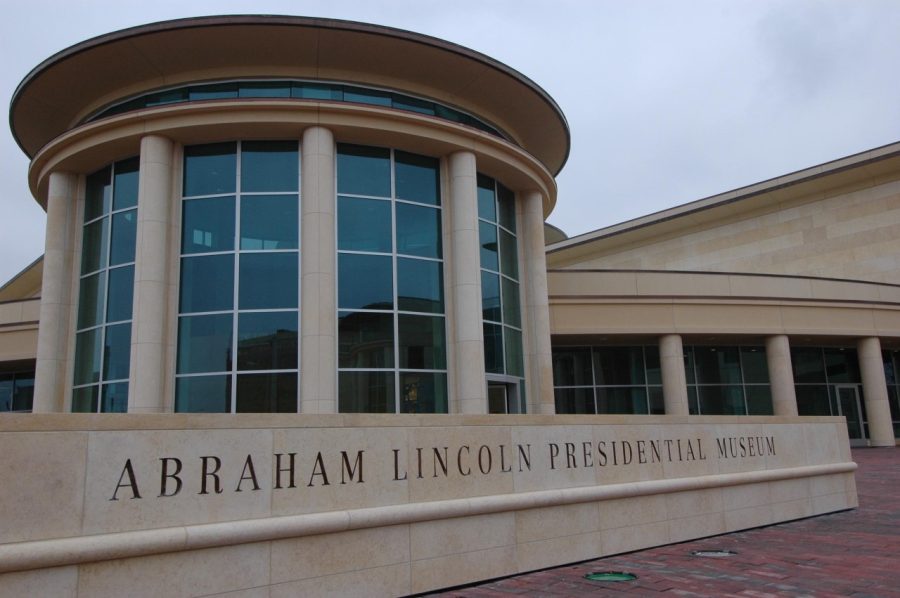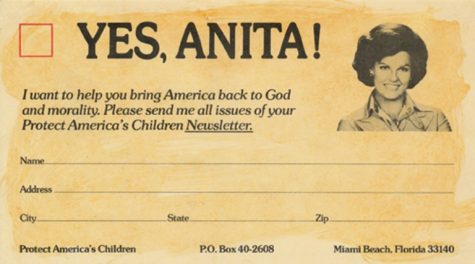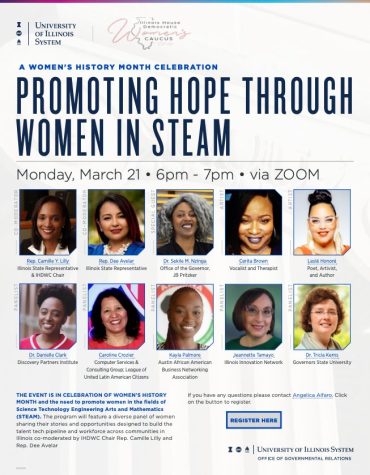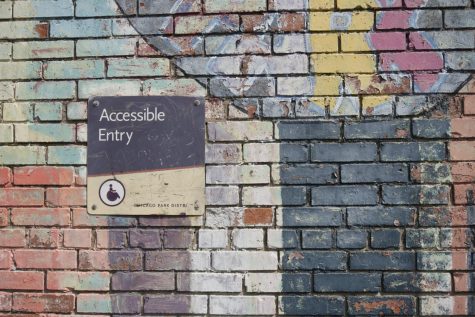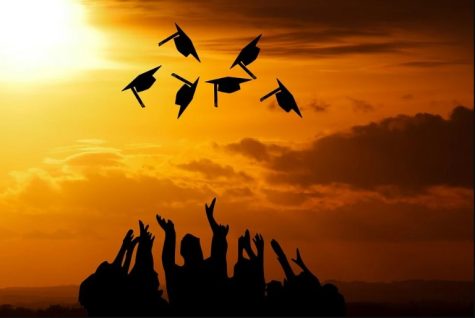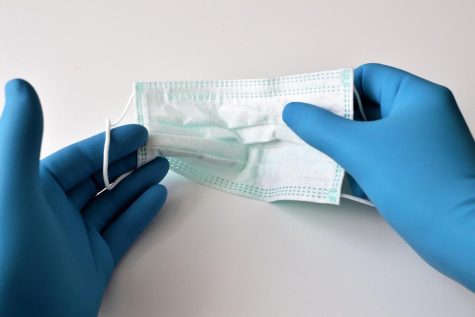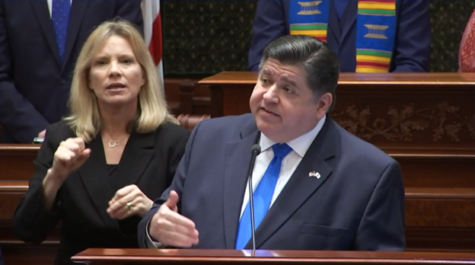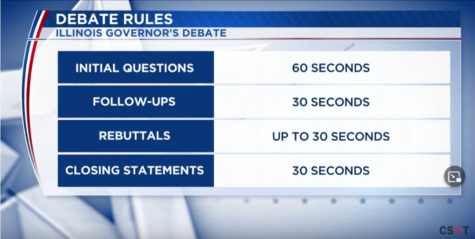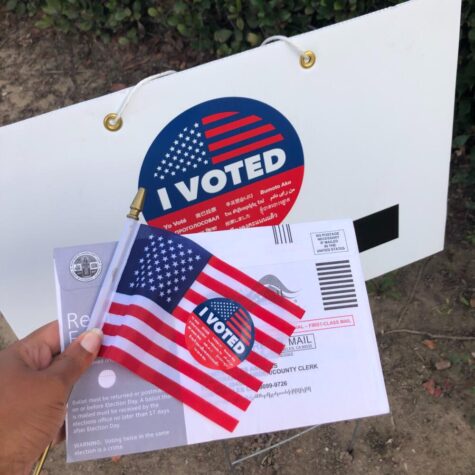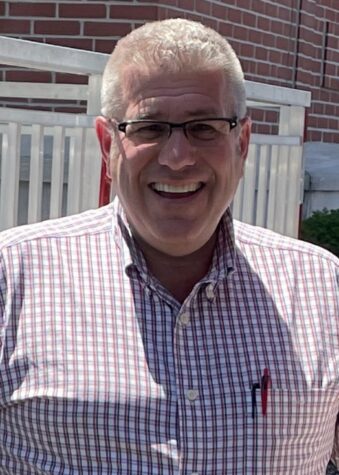Abraham Lincoln Presidential Library and Museum Hosts Abe For All: World Hearing Day
One of the largest issues plaguing museums across the nation is that of accessibility. All too often, when museums open their doors and plan their events, it is done without consideration of those who may have physical difficulties using traditional approaches. Unfortunately, when this happens, individuals and entire groups of people are denied the powerful educational value of museums.
A growing trend in the world of museums is addressing these issues, analyzing changes that can be made, implementing as many as possible, taking feedback on the changes, and repeating the cycle to serve the needs of the entire public better. Museums have to get creative to go beyond the Americans with Disabilities Act (ADA) requirements and provide access to those with lesser mobility, as the range of traits that can be barriers to entry is vast in scope and widely varied.
The Abraham Lincoln Presidential Library and Museum (ALPLM) is one museum addressing these issues and will be hosting “Abe for All,” a series of days presenting enhancements dedicated to lowering these barriers and expanding access to the public. The first of these will take place on March 3, World Hearing Day. On this day, a Thursday, the museum will stay open later than usual, until 7 p.m., and there will be multiple changes to the museum space during this time. These include sign language interpreters for the theater shows, QR codes and TV monitors on many of the exhibits, and face shields instead of masks for all museum staff, volunteers, and interpreters. This may change with the Illinois mask mandate ending on February 28, but as of the time of this writing, the face shield plan is still in effect.
A month later, on April 2, the ALPLM will be hosting a similar event, this time focused on providing a space to enjoy the site without the risk of sensory overload. These events, and many others like them, are steps in the right direction for museum accessibility. There is a long way to go before full accessibility for everyone. Starting now will push us closer to that goal.

